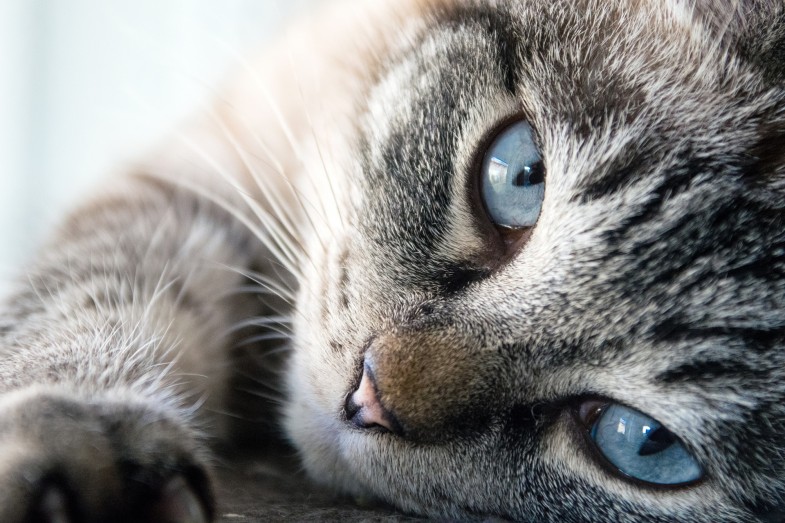Magnolia Veterinary Hospital News
Preventing and Treating Hot Spots

Acute moist dermatitis, more commonly known as hot spots, occurs due to a bacterial infection on your pet’s skin. Your dog or cat will naturally bite, chew, lick or scratch his skin in response to an irritant. Unfortunately for your pet, this tends to increase rather than decrease his discomfort. Anal gland disease, allergies to fleas or food ingredients, mange, tick bites, and inadequate grooming are the primary causes of hot spots in companion animals.
Hot, humid weather can cause excess skin moisture that in turn causes hot spots to develop. It’s especially important to check your pet’s skin for evidence of hot spots now that the weather is consistently warm.
How to Recognize Hot Spots
If your dog or cat has developed hot spots, she will exhibit at least a few of these symptoms
- Lesion that appears red or raised
- Unexplained swelling
- Constant licking or chewing a certain spot of her skin
- A red or brown color around the hot spot
- Unpleasant smell coming from the affected area
- Pus and oozing
- Displaying obvious signs of discomfort or pain
Preventing and Treating Hot Spots
Keeping your pet’s skin healthy is the easiest way to prevent him from developing hot spots. We recommend using year-round flea and tick protection in addition to grooming his coat regularly. Matted fur traps moisture and can attract fleas, ticks, and other parasites. Occasionally, a pet may have a behavioral issue that causes the biting, scratching, and licking that leads to hot spots. If that’s the case with your pet, speak to our veterinarians to help determine what could be causing the unwanted behavior. They are happy to recommend a specific product to prevent parasites as well.
We encourage you to contact us right away if your pet displays any of the potential signs of hot spots described above. Our telephone number is (555) 555-5555.
Categories
Recent Posts

When was the last time your pet saw the veterinarian for a checkup, not because they were sick, but just to stay healthy? Preventive care is one of the most important ways to give your pet a longer, happier life. It’s not about doing one big thing. It’s about the small, consistent steps that help avoid bigger health problems later on.

The holidays are full of sparkle, laughter, travel, and to-do lists a mile long. As joyful as this season can be, it often means busier schedules and less time for everyday routines. In the middle of the holiday rush, it's easy to overlook one very important family member: your pet.

If you're lucky enough to have a senior pet, you know just how special that bond becomes over time. From cozy afternoons on the couch to the look in their eyes that says, "I've known you forever," there’s a deep and quiet understanding between you. As pets get older, though, their needs change. Aging isn’t a disease, but it does require us to adapt how we care for our beloved companions.
Comments